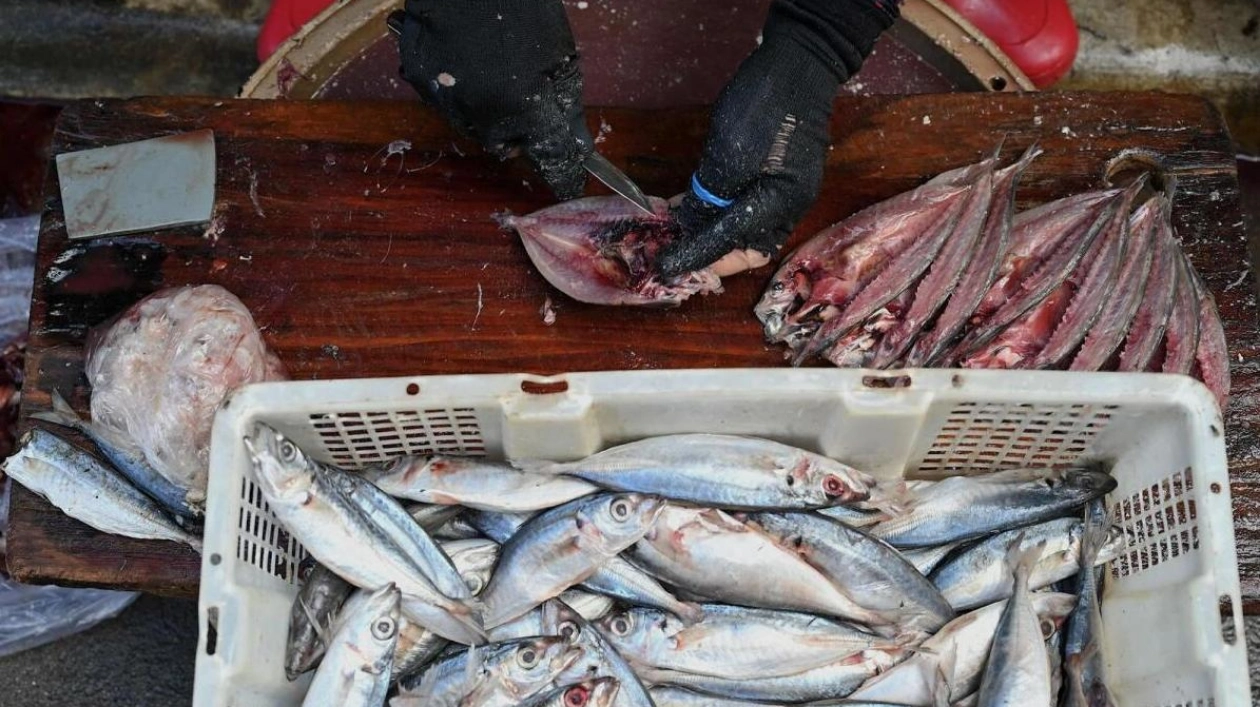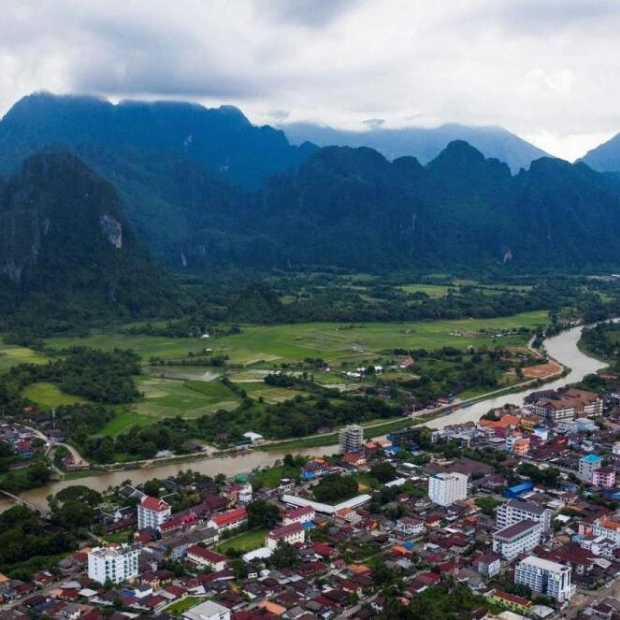For the past four decades, fishing has been Alejandro Alcones' lifeline, but he now worries that his small boat might be replaced by a floating solar farm on the Philippines' largest lake, Laguna de Bay. Alcones is among a group of fishermen who oppose the government's plan to install solar panels on the lake, a major source of freshwater fish, as the country seeks to expand its renewable energy sources to meet increasing power demands.
Alcones, a 55-year-old father of two residing near the lake, emphasized the importance of Laguna Lake for uneducated fishermen like him and for displaced workers who find alternative income through fishing. The Philippines, an archipelago of over 7,000 islands, faces challenges due to limited land resources in its goal to generate half of its electricity from renewable sources by 2040.
Floating photovoltaics, unlike traditional land-based solar farms, offer a viable option for countries like the Philippines that are land-scarce and heavily dependent on fossil fuels. However, these innovative projects could clash with the livelihoods of those dependent on fishing and agriculture, as highlighted by a January report from the Responsible Energy Initiative of Forum for the Future.
The Laguna Lake project, set to cover 2,000 hectares of the 91,000-hectare lake, aims to produce about 2 gigawatts of electricity by 2026, supplying the Laguna area and Manila. Despite contracts being awarded to three companies, an environmental impact assessment is still required before construction can commence. The Laguna Lake Development Authority (LLDA) regularly consults with fisher groups, aiming to minimize displacement of the 13,000 people who rely on the lake for their livelihoods.
Concerns have been raised by the National Federation of Small Fisherfolk Organizations in the Philippines (Pamalakaya) about the potential impact on over 8,000 fishermen and aquaculture workers. They fear that the floating solar farms could reduce fishing grounds and pose risks during typhoons. Additionally, there are questions about the long-term environmental and community impacts of waterborne solar panels.
Despite the potential hazards, the LLDA sees potential in the floating solar farms boosting Laguna's fisheries, suggesting that the panels' undersides could serve as fish breeding grounds. While some fishermen welcome the project, others feel it could harm more than help, arguing that renewable energy projects should target non-productive areas rather than vital fishing grounds like Laguna Lake.






